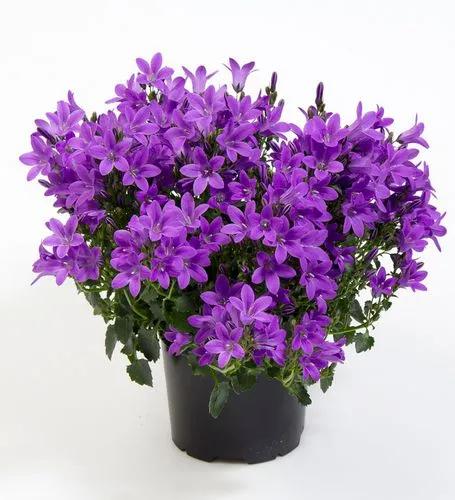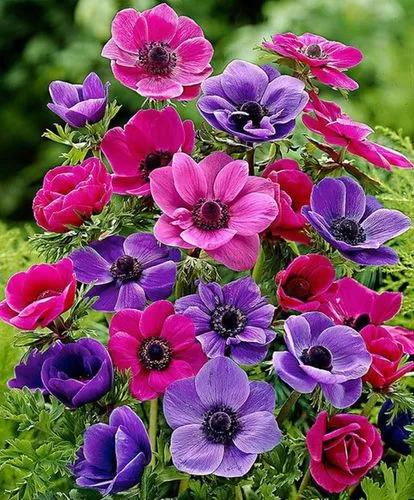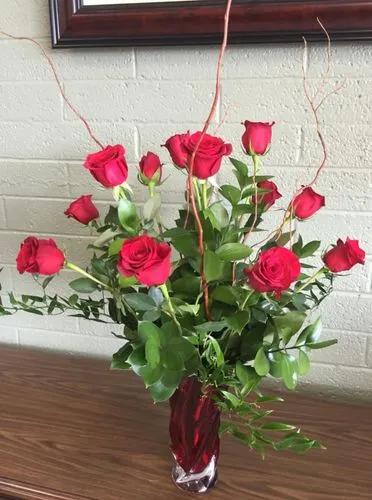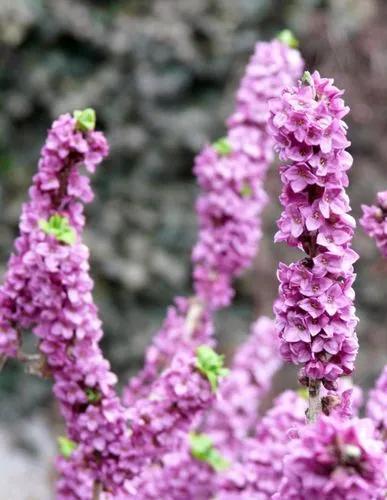Drosophyllum is a genus of carnivorous plants containing the single species Drosophyllum lusitanicum. In appearance, it is similar to the related genus Drosera, and to the much more distantly related Byblis.
Portuguese Sundew Care
Drosophyllum lusitanicum



Commonly called Portuguese Sundew or Dewy Pine, the Drosophyllum lusitanicum carnivorous plant is considered to be one of the most successful in the insectivorous fauna world. It has the ability to attract, capture and consume copious amounts of insects using extremely effective passive trapping methods. In fact, it’s ability to capture prey is so effective that it’s leaves are often smothered by insects. Drosophyllum naturally occurs in the southern coastal region of Portugal and thrives in arid climates. This differs vastly from the humid savanna of the coastal Eastern United States or tropical rain forests of the South Pacific.
How to Care for the Plant

Water

Water with rain or distilled water. During the first year of growth it is fine to keep the soil slightly damp during the summer months. The following years the soil should be allowed to be drier after flowering has ceased. Resume light watering by mid Autumn. The rains will invigorate new growth.

Fertilizer

Use a heavily diluted (1/4) foliar fertilizer if the plant isn’t catching insects on its own.

Sunlight

High light levels are vital to the plants health. It should see direct sunlight all day. This helps create strong colorful leaves. It is not advisable to grow plants indoors. The grower may have success indoors if grown under high output grow lights.

Soil

The poor soil requirements for Drosophyllum consist of rock, vermiculite, course sand, perlite and peat or humus soil. Equal parts sand, vermiculite, perlite and/or pumice rock and a pinch of peat.

Temperature

Light winter frosts are common in its natural habitat. Plants are able to survive temperatures as low as 14ºF (-10ºC). The plant will wilt from the cold but will revive if daytime temperatures rise above freezing. Do not subject the plant to temperatures higher than 104ºF (40ºC) during the summer time.

Container

This plant can be grown in containers but kept outside.The planting container should be 25cm, (ten inches) or larger made of plastic , terracotta or ceramic with enough drainage holes. Larger pots will produce larger plants that will vigorously grow for many years.

Popularity

12 people already have this plant 36 people have added this plant to their wishlists
Discover more plants with the list below
Popular articles






